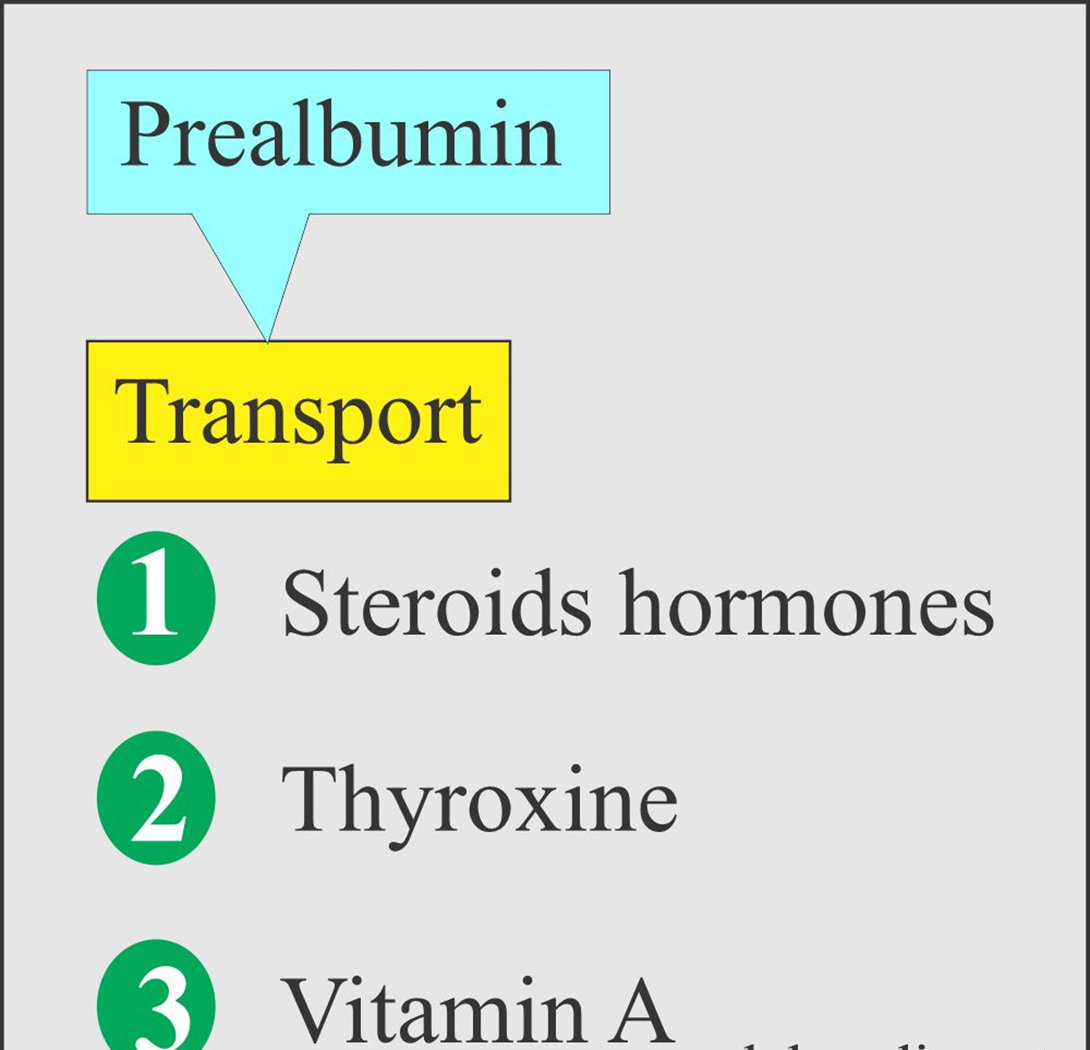A nurse is assessing a client who has received treatment for hypernatremia. Which of the following findings indicates the treatment has been effective?
Firm grip bilaterally
Fatigue
2+ deep tendon reflexes
Urine output 25 mL/hr
The Correct Answer is C
Choice A reason: A firm bilateral hand grip indicates normal muscle strength, which is a positive sign but not directly related to hypernatremia treatment efficacy.
Choice B reason: Fatigue is not a sign of effective treatment for hypernatremia. Fatigue can be a symptom of hypernatremia, as well as dehydration, infection, or other conditions. The nurse should assess the client for other causes of fatigue and monitor their vital signs and fluid status.
Choice C reason: Deep tendon reflexes graded as 2+ are considered normal and suggest that neuromuscular function is intact. Since hypernatremia can cause neuromuscular excitability, normal reflexes may indicate effective treatment.
Choice D reason: Urine output 25 mL/hr is not a sign of effective treatment for hypernatremia. Urine output 25 mL/hr is below the normal range of 30 to 50 mL/hr and indicates oliguria, which can be a complication of hypernatremia. Oliguria can result from dehydration, kidney damage, or reduced blood flow to the kidneys due to hypernatremia. The nurse should notify the provider and administer fluids as prescribed.
Nursing Test Bank
Naxlex Comprehensive Predictor Exams
Related Questions
Correct Answer is A
Explanation
Choice A reason: Prealbumin is a protein that is synthesized by the liver and reflects the current nutritional status of the client. It has a short half-life of 2 to 3 days, which makes it a sensitive indicator of changes in protein intake. Prealbumin levels are decreased in clients who are malnourished or have inflammation, infection, or liver disease. The nurse should monitor the prealbumin levels of the client who is receiving total parenteral nutrition to ensure that they are within the normal range of 15 to 36 mg/dL.
Choice B reason: Folic acid is a water-soluble vitamin that is involved in DNA synthesis, cell division, and red blood cell production. Folic acid levels are decreased in clients who have malabsorption, alcoholism, or certain medications, such as methotrexate or phenytoin. The nurse should assess the folic acid levels of the client who is receiving total parenteral nutrition, but it is not the priority test to confirm adequate nutrition.
Choice C reason: Magnesium is a mineral that is involved in many enzymatic reactions, muscle contraction, nerve transmission, and bone formation. Magnesium levels are decreased in clients who have malnutrition, diarrhea, vomiting, or diuretic use. The nurse should evaluate the magnesium levels of the client who is receiving total parenteral nutrition, but it is not the priority test to confirm adequate nutrition.
Choice D reason: Transferrin is a protein that transports iron in the blood and reflects the iron stores of the client. Transferrin levels are decreased in clients who have iron deficiency anemia, chronic disease, or liver disease. The nurse should check the transferrin levels of the client who is receiving total parenteral nutrition, but it is not the priority test to confirm adequate nutrition.

Correct Answer is C
Explanation
Choice A reason: Peas are not a good choice for a mechanical soft diet, as they are small and round and can pose a choking hazard. Peas also require some chewing to break them down, which may be difficult for the client.
Choice B reason: Dried apricots are not a good choice for a mechanical soft diet, as they are hard and sticky and can damage the teeth or dentures. Dried apricots also require a lot of chewing to swallow them, which may be painful or tiring for the client.
Choice C reason: Canned pears are a good choice for a mechanical soft diet, as they are soft and moist and can be easily mashed with a fork. Canned pears do not require much chewing and can be swallowed smoothly.
Choice D reason: Cashews are not a good choice for a mechanical soft diet, as they are hard and crunchy and can injure the gums or oral mucosa. Cashews also require a lot of chewing and can get stuck in the teeth or dentures.
Whether you are a student looking to ace your exams or a practicing nurse seeking to enhance your expertise , our nursing education contents will empower you with the confidence and competence to make a difference in the lives of patients and become a respected leader in the healthcare field.
Visit Naxlex, invest in your future and unlock endless possibilities with our unparalleled nursing education contents today
Report Wrong Answer on the Current Question
Do you disagree with the answer? If yes, what is your expected answer? Explain.
Kindly be descriptive with the issue you are facing.
